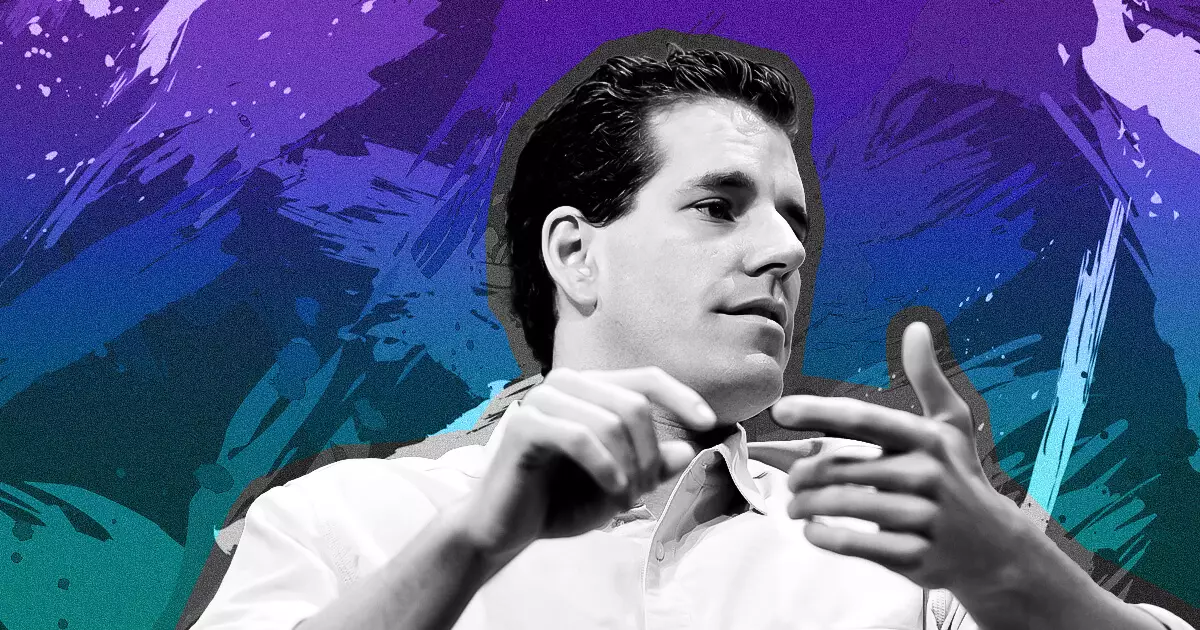Recently, Tyler Winklevoss, co-founder of Gemini, took to X to voice his concern about what he refers to as the “reset” of Vice President Kamala Harris’ crypto stance. In his post, Winklevoss didn’t hold back, labeling the entire situation as a “scam.” This critique comes in the wake of the Federal Reserve’s recent actions against Customers Bank, a bank known for being crypto-friendly.
The Federal Reserve issued a 13-page enforcement action against Customers Bank, outlining specific requirements they must adhere to when dealing with crypto firms. Customers Bank now needs to provide a thirty-day notice to the Federal Reserve before establishing any new banking relationships with crypto companies. Winklevoss was quick to point out the potential implications of this enforcement action, suggesting that it could create a significant obstacle for crypto companies, effectively acting as a “choke point.”
One of Winklevoss’ main arguments against the Federal Reserve’s actions is the centralization of decision-making. He believes that banks should have the autonomy to choose who they serve, advocating for a more decentralized approach across the banking industry. By placing the decision-making power in the hands of the Federal Reserve, Winklevoss argues that a “Choke Point” has effectively been created, limiting the freedom of banks in serving crypto companies.
Winklevoss also raised concerns about the validity of the allegations made by the Federal Reserve against Customers Bank. He referred to them as “non-allegation allegations,” criticizing the lack of concrete evidence to support the claims. According to Winklevoss, the Federal Reserve’s accusations were vague and unsubstantiated, leaving the public to blindly trust their words without any tangible proof.
Delving deeper into his critique, Winklevoss suggested that there may be a hidden agenda behind the Federal Reserve’s enforcement action. He believes that the true motive is to gain control over Customers Bank’s decision-making process, ultimately dictating which companies and industries the bank can serve. This, according to Winklevoss, represents an attempt to unlawfully control the banking landscape, restricting certain sectors from accessing banking services.
In a final warning, Winklevoss painted a concerning picture of what may lie ahead if Harris wins the election in November. He predicted that if this outcome occurs, the Federal Reserve’s actions against Customers Bank may be just the beginning. In his words, “the gloves will come off,” indicating a potential escalation in regulatory measures and control over the banking sector.
Winklevoss’ critical analysis sheds light on the complexities and potential repercussions of the Federal Reserve’s recent enforcement actions. The debate between centralization and decentralization, the lack of transparency in allegations, and the underlying motives behind regulatory decisions all point to a broader issue in the evolving landscape of banking and cryptocurrency.















